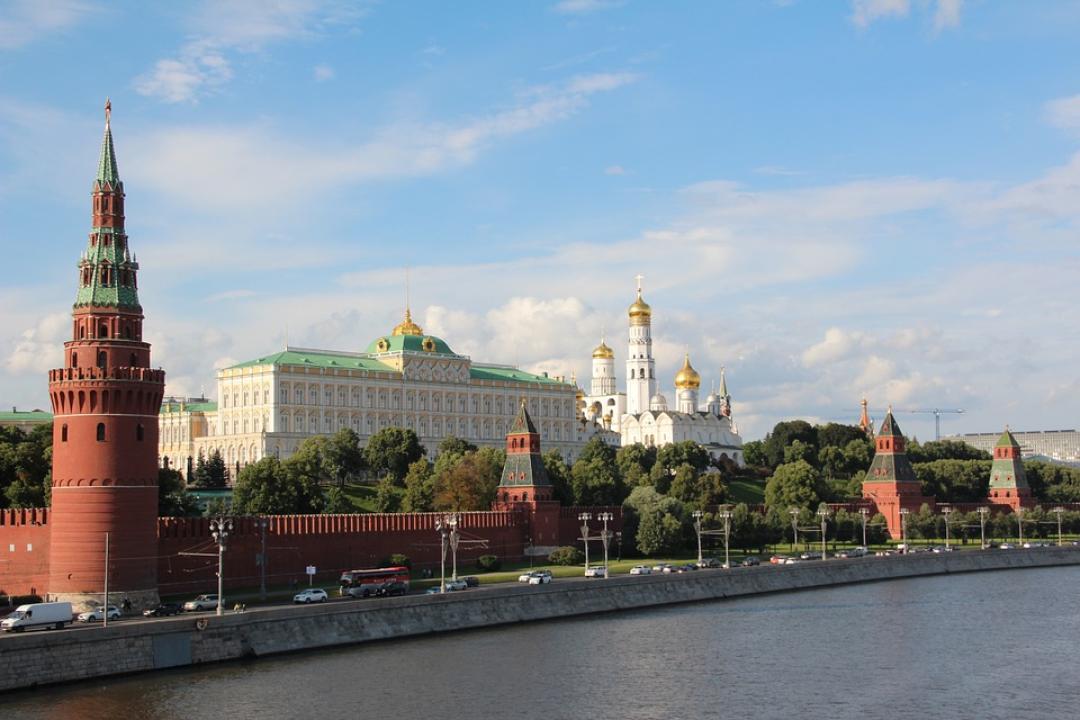
Armenia-Azerbaijan border crisis: Russia offers assistance to the dispute

On 18 May, Russia’s Foreign Minister Sergey Lavrov said that Russia offered assistance to Armenia and Azerbaijan in order to find a solution to the border tensions between the two countries.
“As for the standoff on the Azerbaijani-Armenian border, the Azerbaijani side explained it by a misunderstanding and, most importantly, by the absence of a delimited and demarcated border with Armenia. No one there has ever dealt with this. We offered the parties to start such work. We are ready to assist them [by] providing both cartographic material and consulting services,” he said. “Not a single shot was fired, no skirmishes took place there. They sat down and began calmly to discuss how to defuse this situation, and then asked us for assistance. Our military provided such assistance, and an agreement was reached. I see no reason for stirring up emotions,” he added.
The Russian Ministry of Foreign Affairs (MFA) also released a statement, proposing to start the process of delimitation of the Armenian-Azerbaijani border. “We continue to closely monitor the situation related to the border incident between Azerbaijan and Armenia. The Russian side provides assistance to Baku and Yerevan in reducing tensions through regular contacts at the highest… levels. Operational communications are maintained through the military and border services of our countries. We proceed from the premise that all such incidents should be resolved exclusively by peaceful, negotiated means... We see the launch of the process of delimitation of the Azerbaijani-Armenian border with its subsequent demarcation as a long-term solution,” the statement read.
The National Security Adviser to the US President Jake Sullivan held a day earlier separate calls with Armenia’s acting Prime Minister Nikol Pashinyan and Azerbaijan’s President Ilham Aliyev. Sullivan expressed concern over recent tensions between Armenia and Azerbaijan, and emphasized that military movements near un-demarcated borders are irresponsible and provocative. He welcomed the ongoing communication between the two sides and both leaders’ commitment to resolving this issue peacefully. In addition, he underscored the need for the two countries to conduct formal discussions to demarcate their international border. Finally, he conveyed the commitment of the United States to achieving regional reconciliation through bilateral engagement and as a Minsk Group Co-Chair.
The press service of Azerbaijan’s President emphasised that Aliyev stressed the delimitation of the border with Armenia must be conducted in accordance with the trilateral Karabakh statement during the call with Sullivan. “Sullivan expressed his concerns over the recent tension on the Azerbaijani-Armenian border and stressed the importance of peaceful resolution of such disagreements. He also underscored the need for constructive discussions between the sides for the demarcation of the international border. Jake Sullivan conveyed the US commitment to achieving reconciliation in the region,” the statement read. “President Ilham Aliyev noted that Armenia's inadequate response to border tensions and attempts to internationalise the issue could lead to increased tensions in the region and stressed the importance of peacefully resolving all disputes within the negotiation process,” it added.
The acting Armenian Minister of Defence Vagharshak Harutyunyan warned in a telephone conversation with the Collective Security Treaty Organization (CSTO) Secretary General Stanislav Zas that if the border crisis is not quickly resolved, the consequences can be unpredictable. Zas said that the CSTO is closely following the developments on the border and that the current situation would be discussed at the upcoming meeting of the Council of Foreign Ministers of the CSTO member states in Dushanbe on 19 May.
See Also


Simonyan: “Armenia Should Trade with Turkey and Azerbaijan Instead of Closing Borders”

Mirzoyan Meets US Deputy Assistant Secretary Joshua Huck

Azerbaijani President Holds Talks with UAE and German Business Delegations on Economic Cooperation

Grigoryan Confirms Armenia’s Readiness to Dissolve OSCE Minsk Group Upon Peace Treaty Signing

